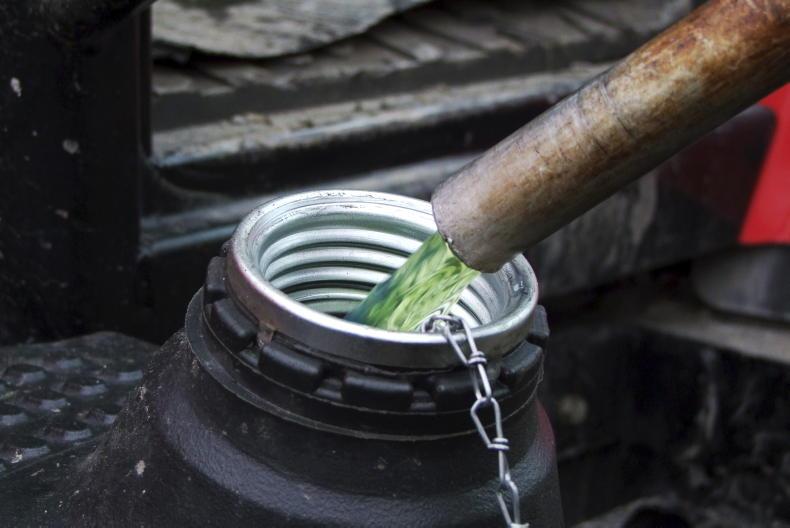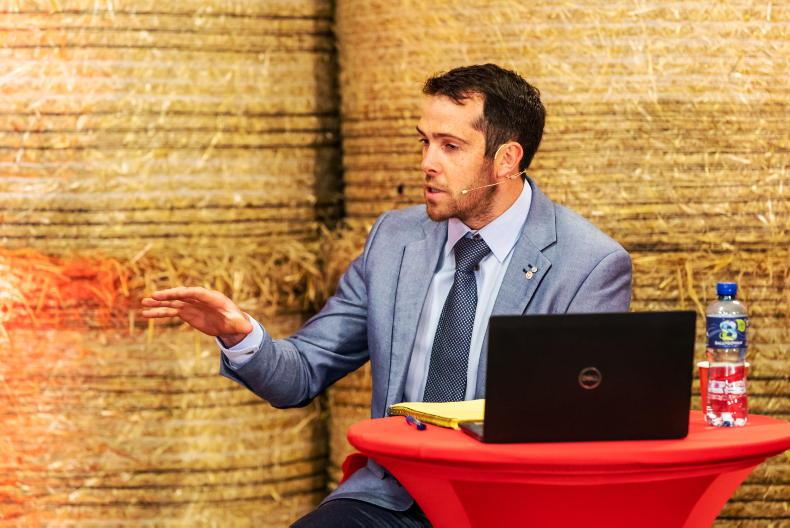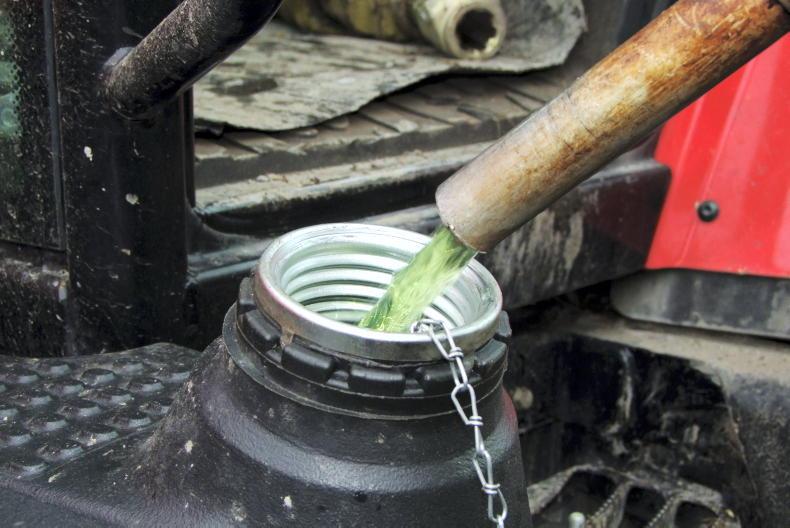David is milking 80 cows in Laois. His wife Mary does not work off-farm so the farm generates the full family income. He has earned an average of €60,000 in the last three years. They have two children under the age of 10.
Benefit
With the increase in the self-employed credit of €150 and the €5 saving in USC as a result of the small change the family will be €155/year better off before the effect of carbon tax. The carbon tax on green diesel will be an extra cost but the extra tax deduction leaves it neutral. There will be an actual cost on the family car. This ignores the extra cost of inputs and power.
Aoife, a dairy farmer in Sligo, milks 80 cows and is single. While the weather affected her business, the costs have not risen as much and she can expect to have an income of €57,000 this year, up from €54,000 last year. Aoife’s farm is very fragmented and uses approximately 1,500l of road diesel.
Benefit
The self-employed credit of €150 plus the €5 USC change will bring a €155 benefit, but the carbon tax on the diesel costs about another €50. She has a net gain of €105. But the effect of green diesel changes in last year’s budget and this year is beginning to hit as it was €50 last year as well.
Peter is married to, Joan who works in the home. They have two children and farm 90ac in a mixed farm, sucklers and sheep. They have a car, jeep and a 100HP tractor. They travel 15,000km in the car, 10,000km in the jeep and burn 1,000l of diesel in the tractor.
Effect
With the increase in the self-employed credit of €150 and €5 in USC respectively, the family benefits to the tune of €155. The carbon tax increase will cost them approximately €150/annum.
John farms 250ac, 100ac of which is owned and the rest is in a long-term lease.
Last year, his tillage enterprise had an income of €55,000 which he expects to stay the same this year.
He has an empty house on an out-farm and is hoping for some budget incentives to rent this out.
Benefit
If John has a mortgage on the rented residential property or takes out a mortgage to repair or improve this property, he will be able to benefit from the increase in interest relief to 100%. This change was made in previous years. John will benefit to the tune of €150 for the increase in self-employed credit and €5 for the USC change.
Andrew is a small hill sheep farmer and is married to Alice. They have four children aged between two and 18. Alice works part-time off-farm and earns €12,000/year. Andrew is a recipient of Farm Assist and is in GLAS. Andrew would have no income tax /USC liability. He will have no gain on 2020 but schemes being rolled over are massively beneficial.









SHARING OPTIONS